Dossier
Basic service provision between retrenchment, restructuring and expansion
Patrick Küpper | 13.06.2022
Basic services - these include schools, water pipes, family doctors as well as the firefighters or broadband internet, in short: all the essentials that make up or should make up basic local services. But not everything is available to the same extent and in the same quality in every village or small town.

With basic services, political decision-makers formulate the claim that the services they perceive as fundamental should be provided area-wide, i.e. at a reasonable distance, and at reasonable prices. Over time, however, these demands change, and so do the fields that are counted as basic services, as well as what is considered as an adequate provision. In addition, the ways in which services are provided are also changing, for example: from public to private, from stationary to mobile, or from analog to digital. In addition to technical innovations, empty public budgets, changing legal frameworks or changing preferences in the population, the aging of the population and declining population particularly in remote, economically weak areas are driving this development.
Providers of basic services are adapting their services to changing conditions. Frequent strategies in the event of resource bottlenecks are restructuring, thinning out or raising fees - schools or stores are closing, opening hours are being reduced, full-time staff are being replaced by volunteers, or wastewater fees are being increased. At the same time, however, expansion and extension also take place in order to attract new user groups, for example, for cultural offerings, to respond to the increasing demand for care for the elderly or to address new technical and social requirements in the digital infrastructure. In particular, the affected population groups also react to deteriorations in services: they limit their use or switch to alternative services, protest against deteriorations, or become active themselves and operate a community store, for example.
In our research work, we trace the changes in the provision of basic services in rural areas. To this end, we determine, for example, the accessibility of the nearest service facility, such as the nearest doctor's office or elementary school. This allows us to identify spatial differences and deficits in supply. We are also interested in how affected citizens evaluate these developments and what strategies they use to cope with supply problems. Finally, we assess how approaches to safeguarding basic service provision can have an impact. For example, we look at community stores and innovative mobility concepts. From our findings, we derive policy recommendations. Current focus areas are: Local supply, medical care and care for the elderly, fire protection and hazard prevention.

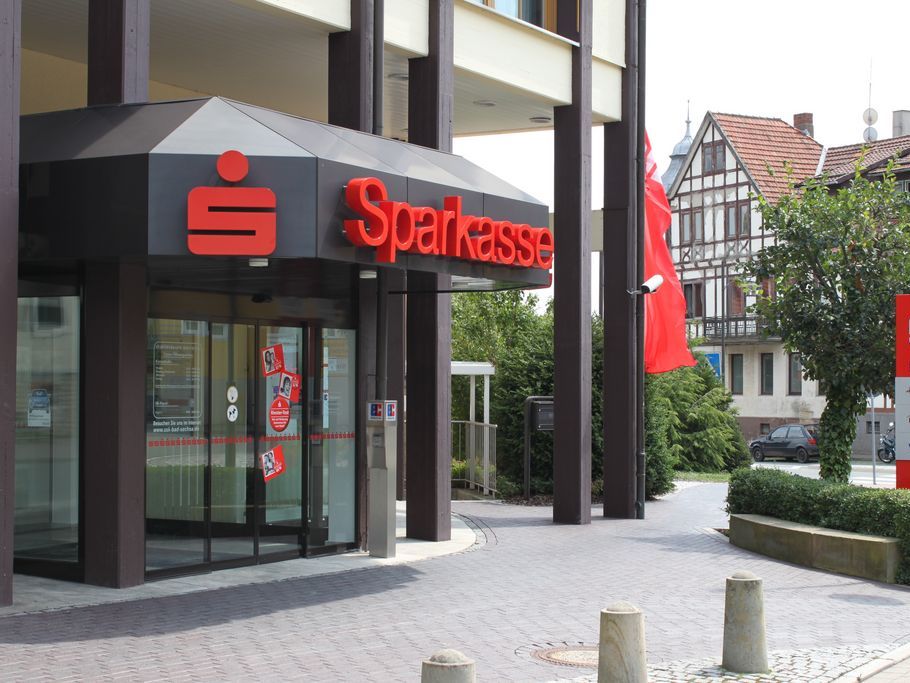
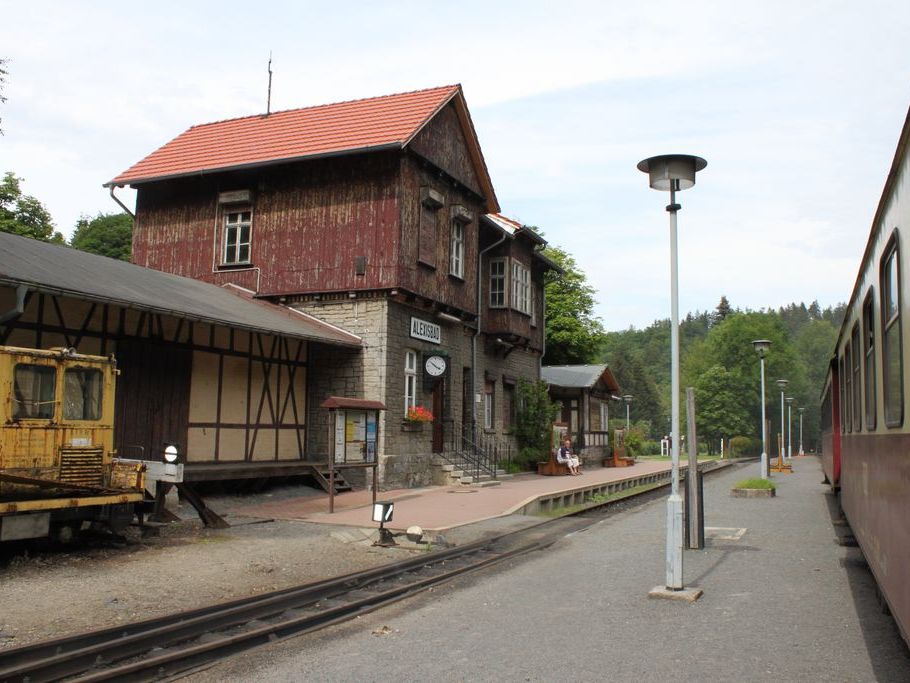
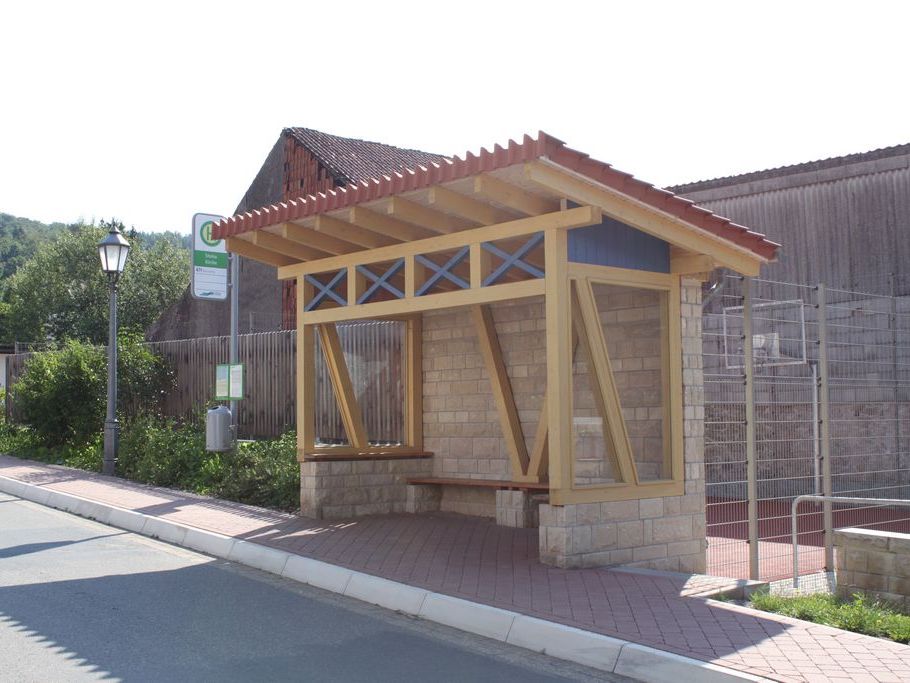
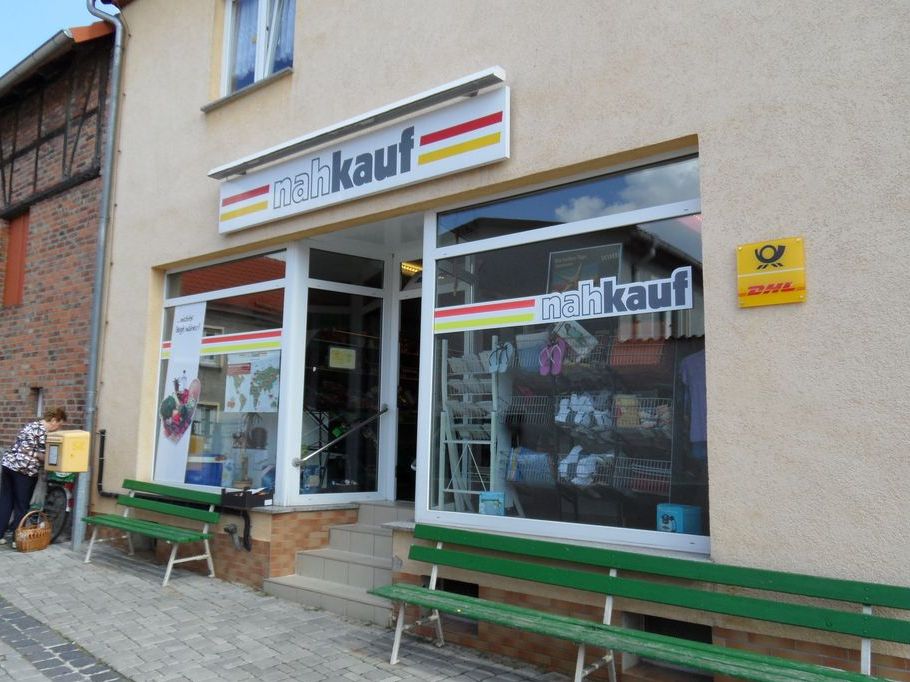
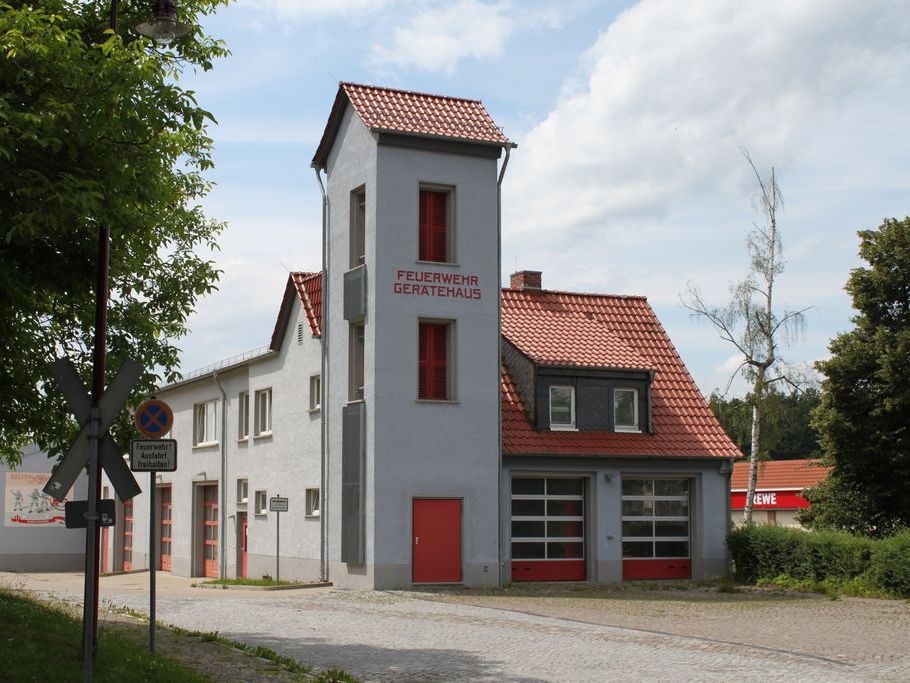
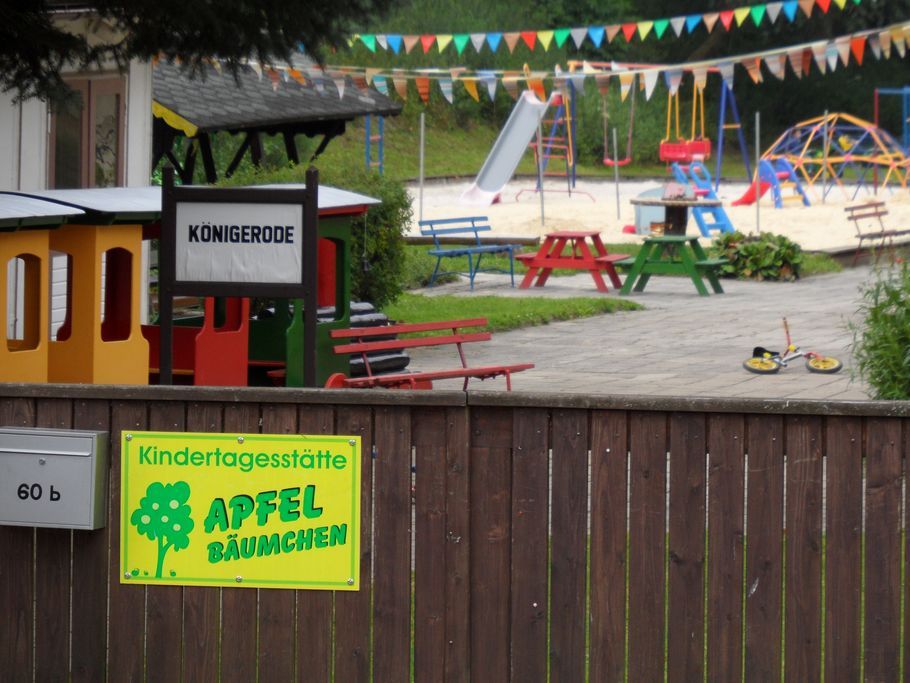
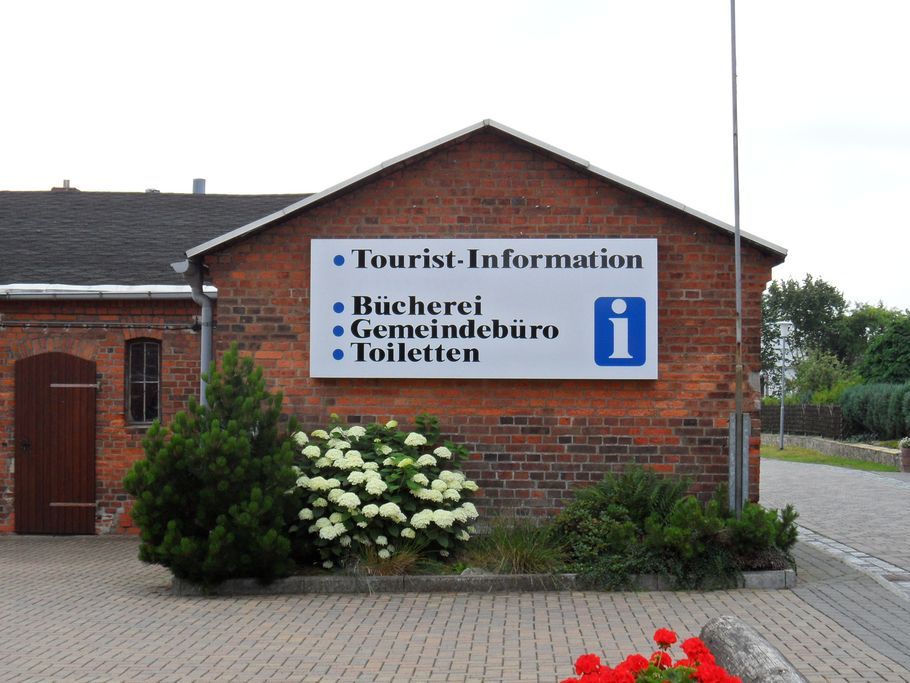
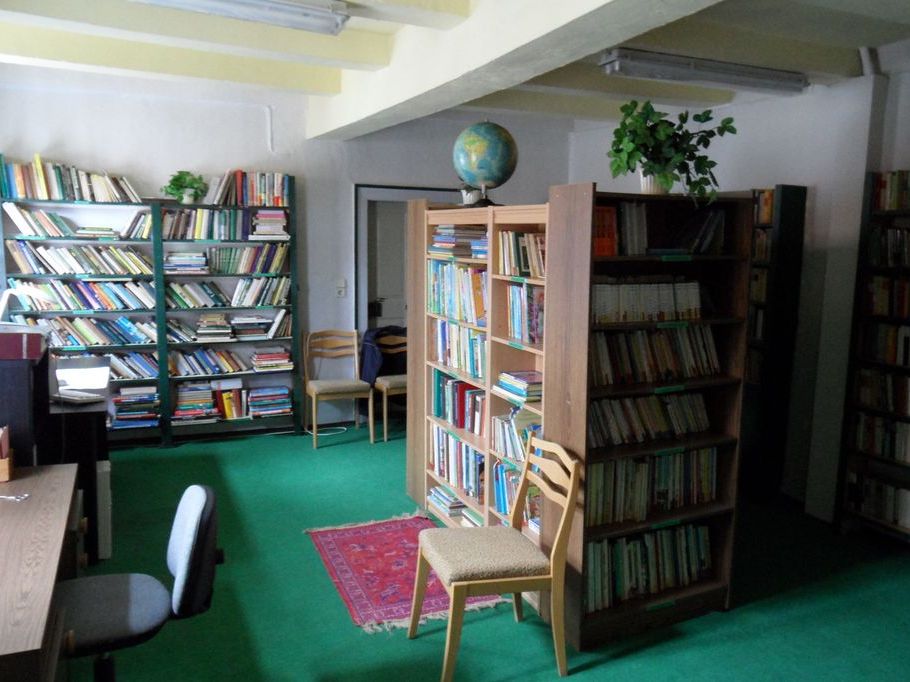

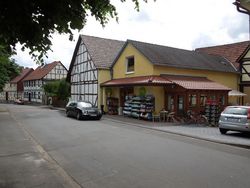

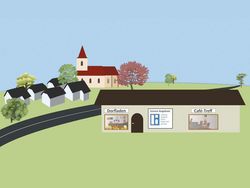
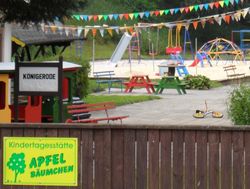
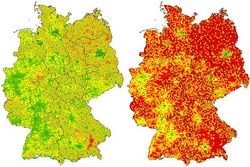

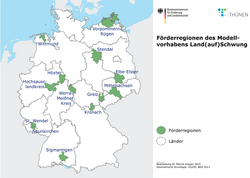


![[Translate to English:] Logo des Bundesministerium für Ernährung und Landwirtschaft](/media/allgemein/logos/BMEL_Logo.svg)